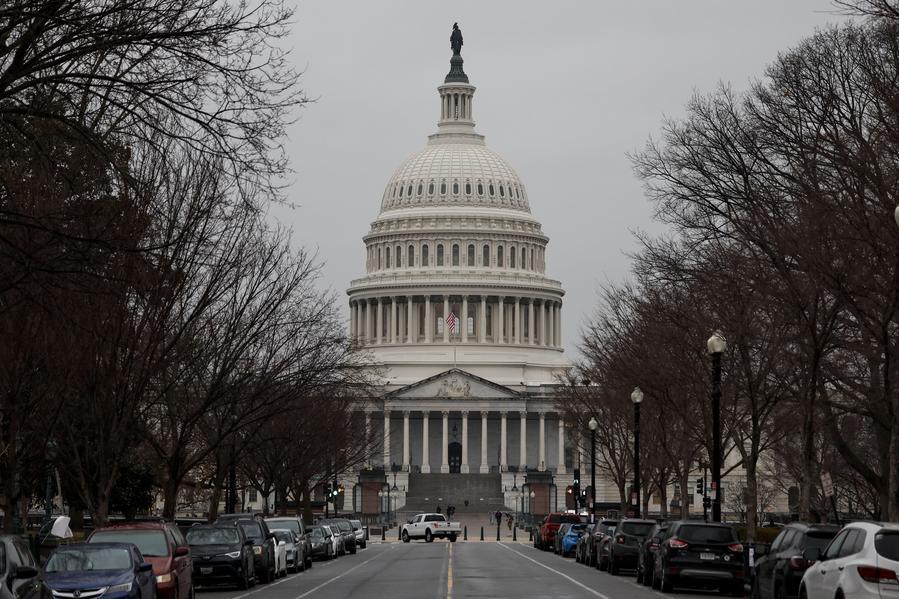Former US Trade Representative Robert Lighthizer recently wrote an article, titled "Want Free Trade? May I Introduce You to the Tariff", in The New York Times (that it sounds like a dinner invitation is another matter). Lighthizer argues that the global trade system has failed the United States and many other countries, defending the new US administration's all-out tariff war.
But the truth is, global trade has been beneficial to most people worldwide, especially the US people. It's not the disaster Lighthizer is trying to make it out to be.
Since the General Agreement on Tariffs and Trade gave way to the World Trade Organization in 1995, global trade has surged from about $6.2 trillion to about $30.4 trillion in 2023.Global trade has been growing at an annual rate of 5.8 percent, consistently outpacing global GDP growth by 20 percent to 30 percent. Trade's share of global GDP, too, has surged from 43.1 percent to 58.5 percent. It's like the global economy has been playing catch-up with global trade.

A 2024 WTO report makes it crystal clear that global trade has benefited most countries, even the low-income countries. Between 1995 and 2023, adjusted for inflation, global GDP per capita grew by 65 percent, with low-income countries seeing a whopping 191 percent increase. As WTO Director-General Ngozi Okonjo-Iweala has pointed out, the WTO and global trade have played a key role in improving the lives of people in middle- and low-income countries.
So, what's the takeaway here? The "Make America Great Again" crowd may think the global trading system has let the US down, but the vast majority of WTO member countries would disagree. For them, the multilateral trading system has been a win-win for all countries, businesses and consumers. Has the US lost out? Absolutely not. The US has been the biggest beneficiary of global trade, especially in the services, high-tech, agriculture, and oil and gas sectors.
The US consumers, too, have benefited from global trade. The US Census Bureau recently said the median household income jumped to $80,610 (a 4 percent increase) in 2023. The poverty rate also dropped to 11.1 percent, down 0.4 percentage points. Affordable goods made available through global trade have helped keep inflation low and made everyday life more comfortable for American families.
If anyone has been messing with the international trade system, it's the US government. Since 2018, the US government has been slapping tariffs, left, right and center, on imports, violating WTO rules. Not to mention the US' blocking of the appointment of new members to the WTO's appellate body since 2016, effectively shutting down the WTO's dispute settlement system. These US moves have dealt a massive blow to the rules-based multilateral trading system. The US is one of the architects of this system and a major force behind the establishment of the WTO. But now, it's the one shaking the foundation.
As WTO chief economist Ralph Ossa points out, reducing trade doesn't create a more inclusive world, and just opening up their economies won't help low-income countries reduce their reliance on primary products. Developing countries need good industrial policies to help them upgrade their industries — just like the US did when it was competing with European industries.